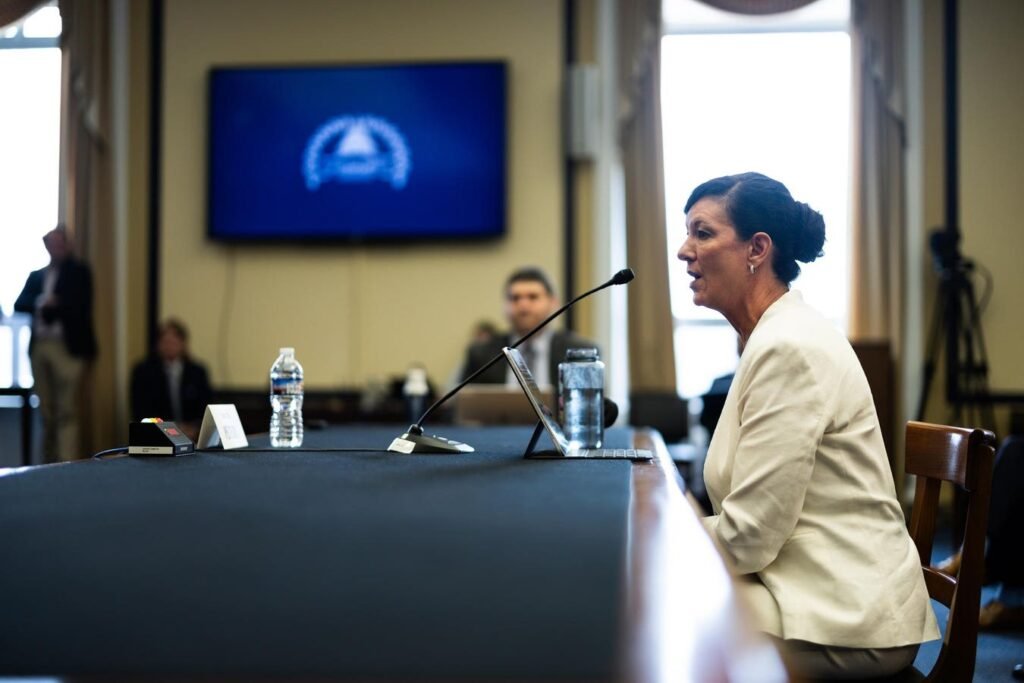The Bureau of Prisons is facing significant challenges as highlighted during a recent hearing before the House Judiciary Subcommittee on Crime and Federal Government Surveillance. The Federal Prison Oversight Act, recently passed by Congress, aims to address the myriad of problems faced by the BOP by allowing unannounced access to facilities and creating an ombudsman position to gather information from staff, prisoners, and their families. Director Colette Peters welcomed the oversight and highlighted the need for additional funding to address staffing shortages and improve dilapidated facilities.
Despite paying millions of dollars in incentives and overtime to keep prisons operational, the BOP is still struggling with a staffing crisis. An Automated Staffing Tool identified the need for 3,000 additional correctional officers and medical positions. This shortage of staff has led to issues at facilities like FCC Butner, where staffing levels remain low despite retention incentives being offered. The lack of medical staff also impacts the need for additional correctional officers to handle prisoners during medical appointments.
Additionally, the BOP is facing challenges in reducing the number of prisoners in prisons. The First Step Act and Second Chance Act, which were passed under Republican administrations, aim to reduce prison terms and place low-security prisoners in the community for longer periods. However, a shortage of halfway house space is preventing the BOP from placing more individuals in community-based confinement, resulting in overcrowded correctional institutions.
The aging infrastructure of BOP facilities is also a significant problem, with over a third of facilities being over 50 years old. The closure of several institutions due to dangerous conditions has led to overcrowding at remaining facilities. The situation at FCI Mendota in California highlights many of these challenges, including a shortage of staff leading to meal preparation issues and ongoing problems with contraband and unsanitary conditions. The Office of Inspector General is investigating food service at multiple institutions to address these concerns.
While Director Peters has acknowledged the problems faced by the BOP and the need for improvements, it may take time to turn things around. The budget for 2024 has already been set without any additional funding allocated for the new bill. Despite the challenges, there is a hope that with increased oversight and funding, the BOP can address staffing shortages, improve facilities, and ultimately provide a safer and more secure environment for both staff and prisoners.











